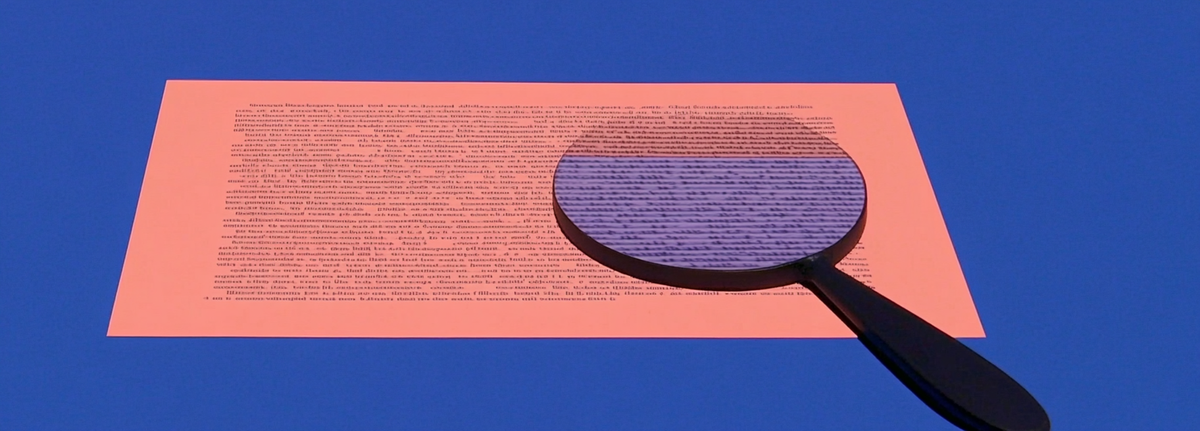Navigating legal documents like a power of attorney (POA) can feel overwhelming, especially when it comes to understanding the costs involved. A POA is a critical tool that grants someone the authority to act on another’s behalf in financial, medical, or legal matters. However, many people hesitate to create one due to concerns about expenses.
The cost of a power of attorney form varies based on factors like location, type of POA, and whether legal assistance is required. While some might opt for free or low-cost templates, others may choose professional services for added peace of mind. Knowing what influences these costs can help individuals make informed decisions without breaking the bank.
Understanding the financial aspects of a POA ensures you’re prepared to safeguard your interests or those of a loved one. By exploring the costs, you can find an option that aligns with your needs and budget.
What Is a Power of Attorney Form?
A Power of Attorney (POA) form is a legal document authorizing one individual, known as the agent, to act on behalf of another, referred to as the principal, in specific matters. These matters can range from financial transactions to healthcare decisions, depending on the type of POA established.
POA forms outline the scope of authority granted, whether broad or limited. A general POA may cover multiple areas, such as managing bank accounts and selling property. In contrast, a limited POA restricts the agent’s authority to specified tasks, like signing documents for a real estate transaction.
Durability is another key feature. A durable POA remains in effect if the principal becomes incapacitated, while a non-durable POA becomes invalid under such circumstances. The document often specifies the start and end dates of the agent’s authority, or it might terminate automatically under certain conditions.
POA documents are widely used in estate planning, ensuring that decision-making power is entrusted to trusted individuals during critical times. They vary by jurisdiction, so compliance with local legal requirements is essential.
Factors Affecting Power of Attorney Form Cost
Several factors influence the cost of creating a Power of Attorney (POA) form, impacting individuals’ decisions depending on specific needs and circumstances. These considerations include the type of POA, document complexity, and state regulations.
Type of Power of Attorney
The type determines the scope and, consequently, the cost of a POA form. General POAs, authorizing broad powers, often cost more than limited POAs, which restrict an agent’s authority to specific matters. Durable POAs, which endure incapacity, may involve higher fees due to detailed legal stipulations. Healthcare POAs can have varied costs depending on specific medical clauses.
Complexity of the Document
Complex forms require more drafting time, which increases expenses. Customized clauses, such as guardianship instructions or unique financial permissions, add layers of detail. Boilerplate templates are less expensive but might fail to address personalized requirements, compelling users to seek professional assistance.
State Regulations
Local jurisdiction impacts POA form costs due to varying legal requirements. States may mandate notarization, multiple witnesses, or filing fees, all contributing to price variations. For example, filing fees in specific states might range from $10 to $100, depending on the document type.
Comparing Free vs Paid Power of Attorney Forms
Power of Attorney (POA) forms can be obtained for free or purchased for a fee, depending on individual needs and circumstances. Understanding the differences helps individuals choose the option that best aligns with their legal and financial situation.
Advantages of Free Forms
Free POA forms minimize costs, making them accessible to individuals with limited budgets. Many government websites and nonprofit organizations provide basic templates that comply with local legal requirements. Using pre-drafted templates reduces preparation time for straightforward scenarios. Free forms are ideal for simple needs, such as authorizing temporary caregiving duties or managing limited assets.
However, free forms often lack customization and may not cover complex legal needs. Errors or omissions due to improper formatting can lead to disputes or void documents.
Benefits of Paid Forms
Paid POA forms often offer greater legal precision and customization. Attorneys or legal service platforms draft these forms to address specific requests, such as unique clauses for healthcare directives or broad financial authority. Customized paid forms ensure compliance with state laws and mitigate risks of invalidation.
Additionally, paid options frequently include professional reviews or consultations to resolve ambiguities. While costs vary, investing in paid forms supports long-term protection for significant decisions, especially in cases involving large estates or intricate legal matters.
Average Cost of Power of Attorney Forms
The cost of Power of Attorney (POA) forms varies based on the method of creation and the level of service required. Factors like attorney involvement or online services influence these costs significantly.
Costs Through an Attorney
When prepared by an attorney, POA forms generally range from $200 to $500, depending on factors such as geographical location and document complexity. Attorneys often charge higher fees for durable POAs or those requiring detailed customization. Urban areas typically have higher attorney rates compared to rural regions. For individuals with extensive estate planning needs, additional services may increase the total cost.
Costs Through Online Legal Services
Online legal platforms provide more affordable alternatives for creating POA forms, with prices typically ranging from $35 to $150. These services often include templates and basic guidance for compliance with state laws. Some platforms, such as LegalZoom and Rocket Lawyer, offer professional reviews or consultations for additional fees, ensuring greater accuracy. However, these services might not be ideal for complex legal situations requiring personalized clauses or specific advice.
Tips for Reducing Power of Attorney Form Costs
Minimizing the cost of a power of attorney (POA) form involves understanding legal requirements and utilizing available resources strategically. Following these tips can help manage expenses without compromising legal accuracy.
Research State Requirements
Understanding state-specific guidelines helps avoid unnecessary expenses. States often have distinct requirements for POA forms, including notarization, witness signatures, or state-specific language. Many state government websites provide free templates and detailed instructions that comply with local laws. Utilizing these resources eliminates the need for additional legal consultation, reducing overall costs.
Use Online Templates Carefully
Online POA templates offer an affordable option for creating legally compliant documents. Many platforms, such as LegalZoom or Rocket Lawyer, provide templates for fees between $35 and $150. These templates work well for straightforward needs. However, if complex clauses or customizations are necessary, consider having a legal professional review the document. Paying for a one-time review ensures accuracy and avoids costly errors in the future.
Discover the Power of BlueNotary:
Integrate your Business, Title Company, or Law Firm to Satisfy your Customers and Decrease Turnaround
Get a document Notarized/Sign-up
Join the Free Notary Training Facebook Group
Conclusion
Understanding the costs associated with creating a power of attorney form is essential for making informed decisions that align with individual needs and budgets. Whether opting for free templates or investing in professional services, it’s important to weigh the benefits of customization, legal compliance, and long-term reliability.
By carefully considering factors like document complexity, state regulations, and the type of POA required, individuals can find a solution that balances affordability with accuracy. Taking the time to research and consult experts when necessary ensures the document serves its intended purpose without unnecessary complications or expenses.
Frequently Asked Questions
What is a Power of Attorney (POA)?
A Power of Attorney (POA) is a legal document that allows one person (the agent) to act on behalf of another person (the principal) in specific matters, such as financial transactions or healthcare decisions.
What are the types of Power of Attorney?
There are several types of POA, including general POA, which grants broad authority, and limited POA, which is restricted to specific tasks. A durable POA remains effective even if the principal becomes incapacitated.
How much does it cost to create a Power of Attorney?
The cost of a POA can vary. Using an attorney usually costs between $200 and $500, while online legal services generally range from $35 to $150. Free templates are available but may have limitations.
What factors influence the cost of a Power of Attorney?
Costs depend on several factors, including the type of POA, document complexity, and local legal requirements like notarization or filing fees. Attorney rates also vary by location.
Are free Power of Attorney forms reliable?
Free POA forms can be suitable for simple needs, especially those provided by government websites. However, they may lack customization and could lead to disputes if errors occur.
Why are paid Power of Attorney forms better?
Paid POA forms ensure greater accuracy, customization, and compliance with state laws. They often include legal consultations, making them ideal for complex matters or larger estates.
Can I reduce the cost of creating a Power of Attorney?
You can lower costs by using free templates available on state government websites or affordable online services. For complex situations, consider having a legal professional review the document to avoid costly errors.
Does a Power of Attorney need to be notarized?
Yes, in most states, a POA must be notarized to be legally valid. Some states may also require additional witnesses or filing depending on the POA type.
Is it necessary to hire an attorney for a Power of Attorney?
Hiring an attorney isn’t always necessary, especially for straightforward needs. However, legal assistance is recommended for complex situations or when creating customized documents.







